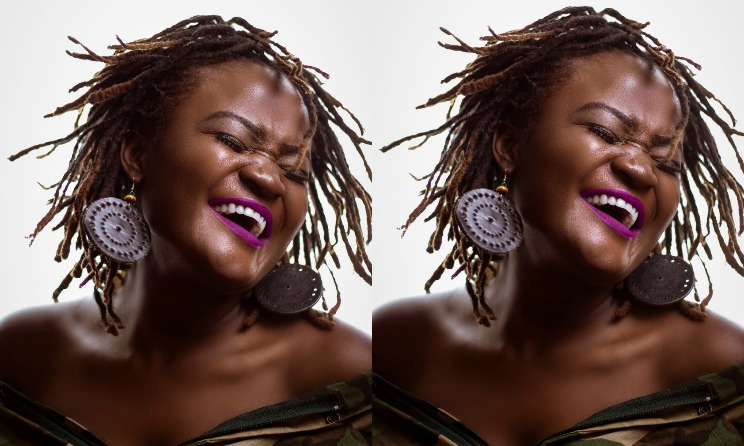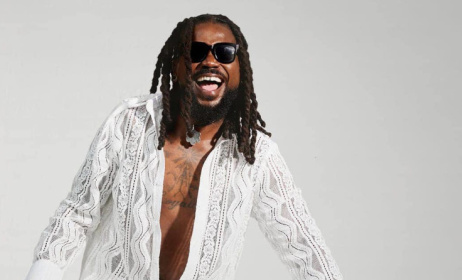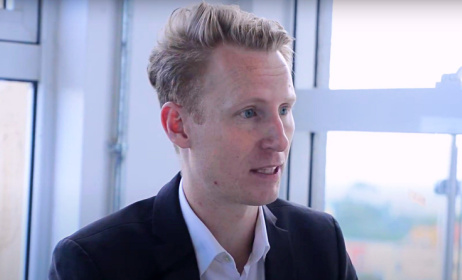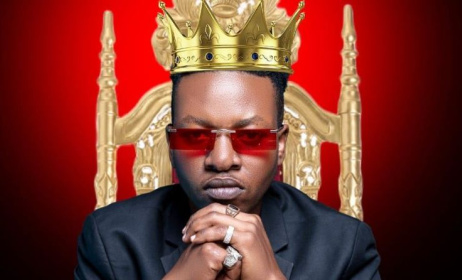Cathy Matete: There’s no music like reggae
Cathy Matete is a Kenyan reggae musician whose path is materialising rapidly – and with precision. Rather than playing along with the industry’s capricious machinations that enthrone flavour-of-the-day pop artists, Matete’s musical aspirations are in service of a long, sustainable career. She has a knack for staying grounded to build a sturdy foundation for the future.
 Cathy Matete.
Cathy Matete.
Matete is among a group of female singers who have contributed to the development and export of Kenyan reggae on the global stage. Her style is lovers rock – a sub-genre of reggae riding on romantic sounds and content. The award-winning singer uses this style of music to empower young people and speak out against human rights abuses. She believes this is the only way of shake up unjust political systems.
Matete has collaborated with Jamaican artist Anthony B on her song ‘Wine Fi You’ and has appeared on various riddims, most notably the Black Vein Riddim featuring Duane Stephenson, Lutan Fyah and Kabaka Pyramid.
We caught up with the musician to learn more about her music and career, particularly after her big win at the 2021 Caribbean Afro Music Awards in the UK, where she was named ‘Best Up N Coming Act’.
LUCY ILADO: Congratulations on your win at the Caribbean Afro Music Awards.
CATHY MATETE: This is a win for me and my fans, the African women in reggae who are doing everything they can to push the sound out of the continent, and the reggae industry. It has come with its blessings, particularly requests for collaboration from reggae artists across the world.
Did you always know that you would do reggae, or was it an interest that you developed later?
My interest in reggae came much later after joining a local reggae band as a backing vocalist. What drew me to it was its positive themes. It draws people to each other, spreading the message of love, equality, justice. There’s no music like reggae.
What got you into making lovers rock?
The lovers rock sub-genre of reggae talks about the literature of the heart. I love talking about love and radiating it. My songwriting is influenced by the likes of Boyz II Men, Erykah Badu, Anita Baker, Beres, Dennis Brown, Alaine and Etana, whose music I grew up listening to.
Which of your songs resonates most with the audience when you perform?
Oh my. It has to be ‘No Retreat’ and ‘Revolution Time’. The first is about love, and who doesn’t want to be loved and sought after? The last tackles police brutality, which we all know has been rampant, and the world is tired of it. I am amazed at the response every time I sing these two songs.
Why the need to bring socio-political commentary into your music?
I am obliged to speak about issues that affect me directly and my community because I’m an artist and in a position of influence.
You are among the few women pushing reggae music in the region. Looking back at when you began, how has the industry evolved to embrace this genre today?
We are now seeing more representation of women and more equal opportunities than in the past. We are being played on mainstream radio. We are booked for a lot of shows, which is encouraging. We also have radio stations that strictly play reggae and promote local content, as well as regular reggae nights at clubs, online radio and podcasts that push African content.
Are there any areas that need streamlining?
The support is always bigger from the outside because the people who influence music here, like radio playlist curators, DJs and promoters, fail to support and push new or existing artists. I would say they need to normalise the research and promotion of new talent.
The offline success of reggae is not reflected in streams. What is the reason for this?
Time, patience and branding. Today, you need a good publisher, agent, public relations and good partners. Artists need to think about developing a brand. Think about selling merchandise and also invest in buying social media ads to promote your work.
The Kenyan reggae industry attracts many musicians from the Caribbean...
Kenya is undoubtedly the hub of reggae in Africa. It’s not just a genre for us, it’s a culture. Kenyans are the biggest critics of music. So, if your song does well here, then it will do well worldwide. We resonate with its positive themes. You should see the youth in their yards dancing and listening to reggae on and off work. We live for the vibe.
Kenya is heading into elections next year. Given the history of post-election violence, what can artists and leaders do to advocate for peaceful elections?
Politicians need to stop spreading false propaganda about their opponents and focus on sharing their vision and manifestos and exactly how they will revitalise the economy. The youth have no jobs, just certificates and no work to do. Also, artists need to collaborate in pushing the agenda of love, not only with the music they create but also in how they engage with the people in power. We must vote for what will propel this country forward.
Any words for those looking to follow in your footsteps?
It takes time to build a career. You have to go through the progression.






























Comments
Log in or register to post comments